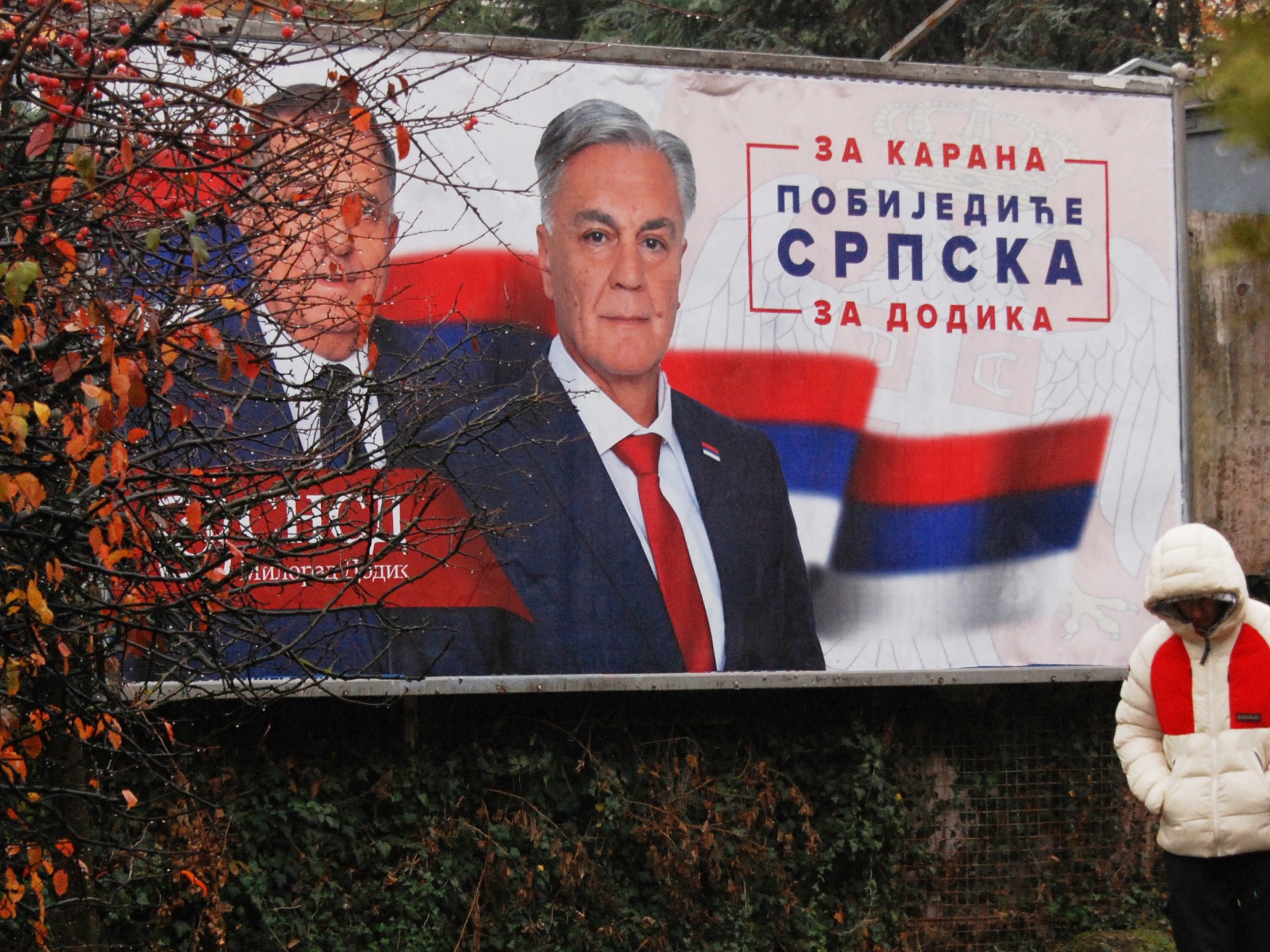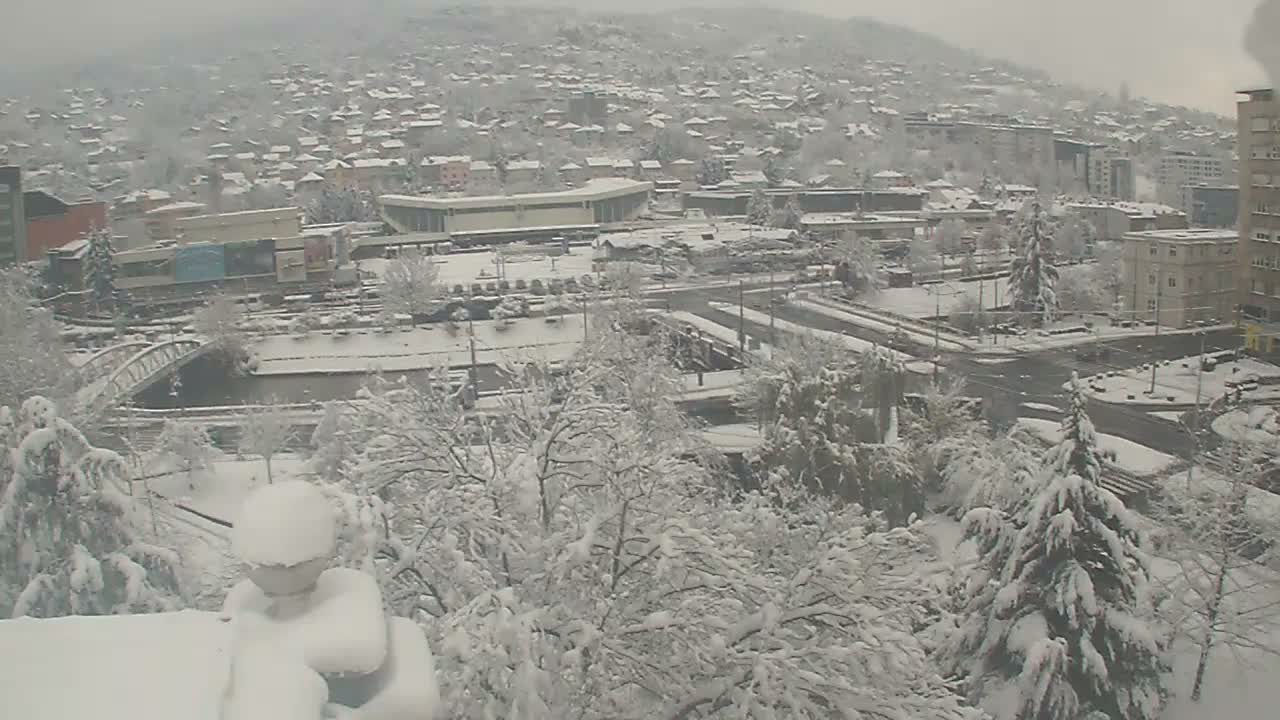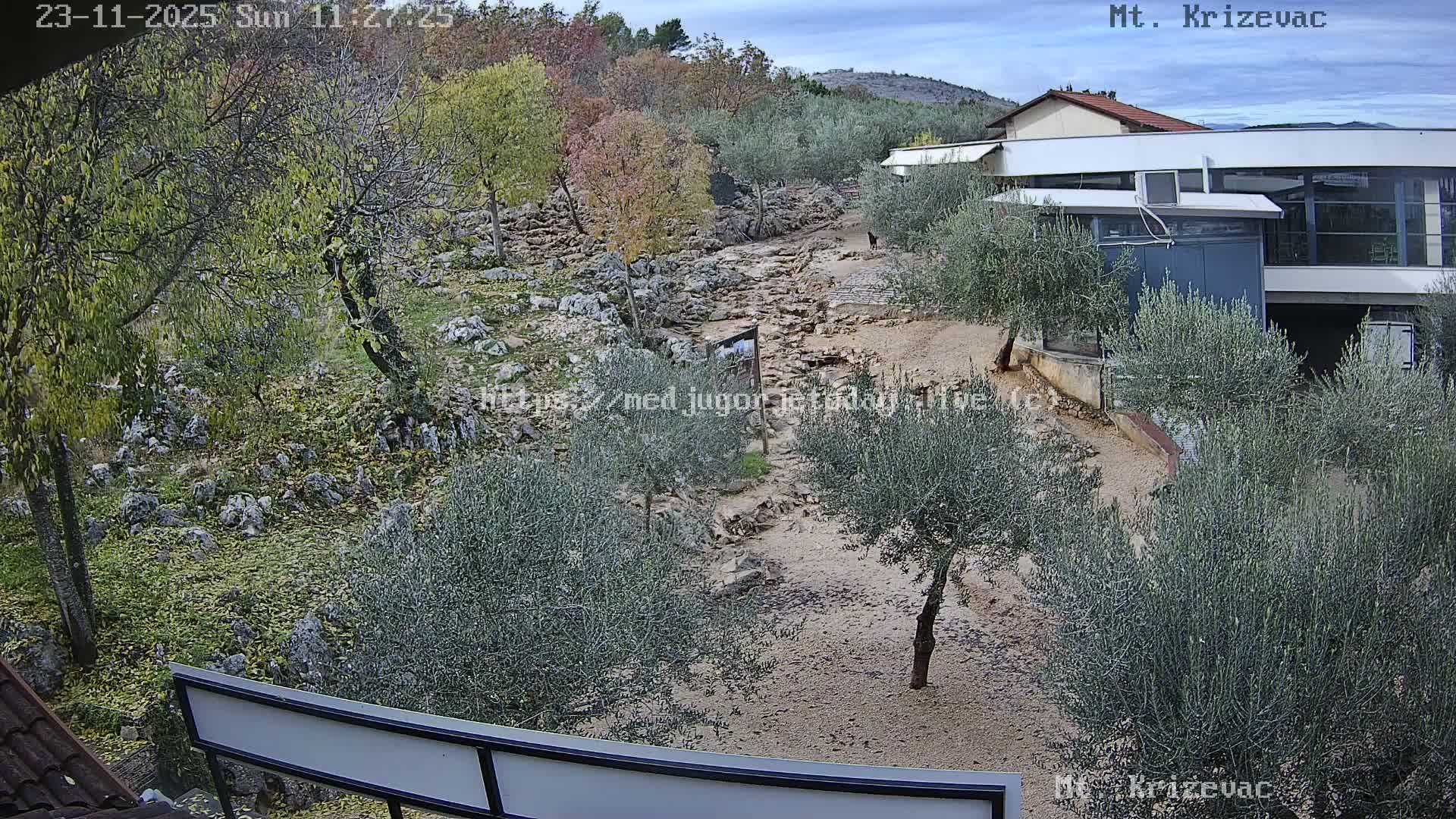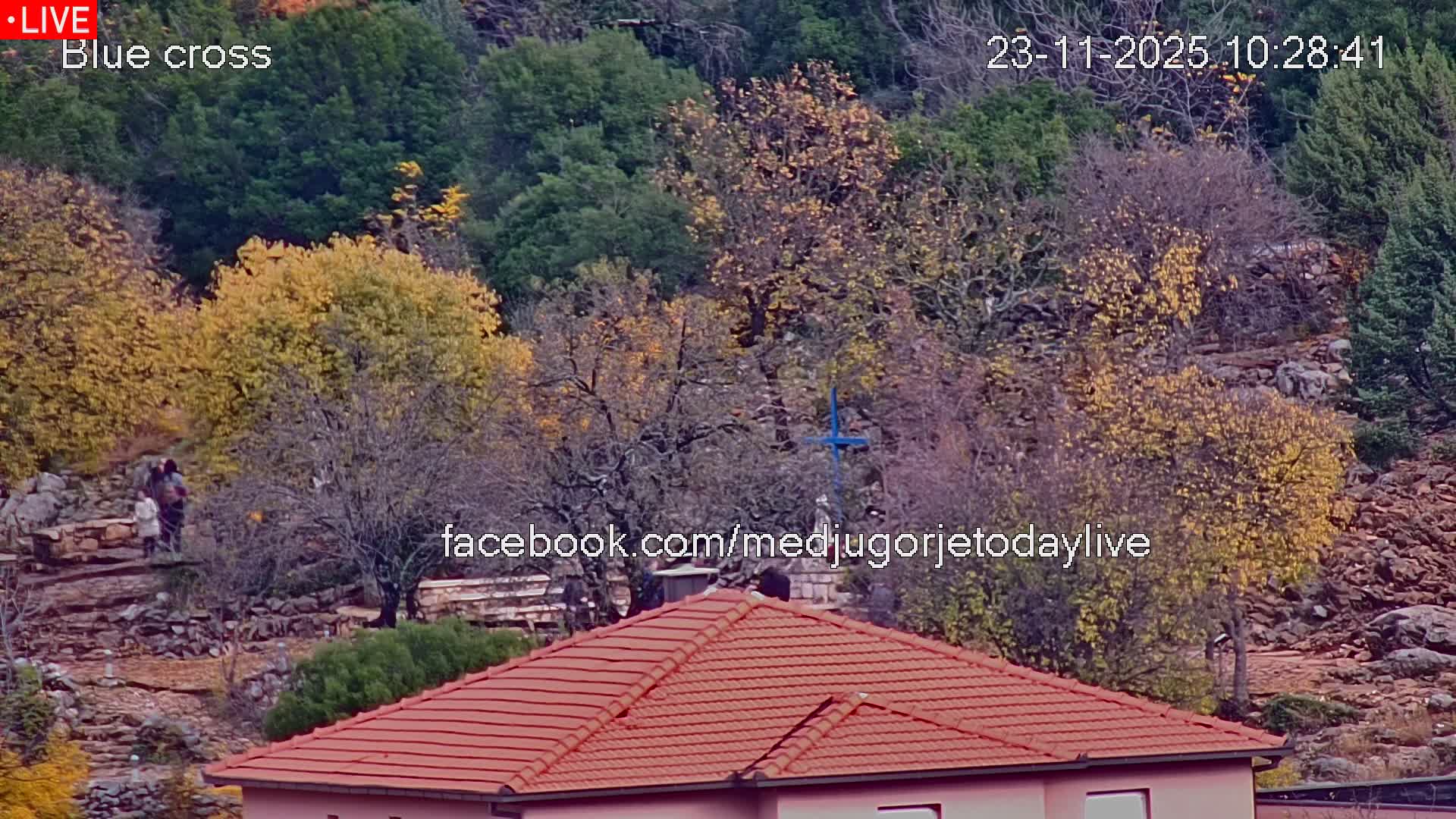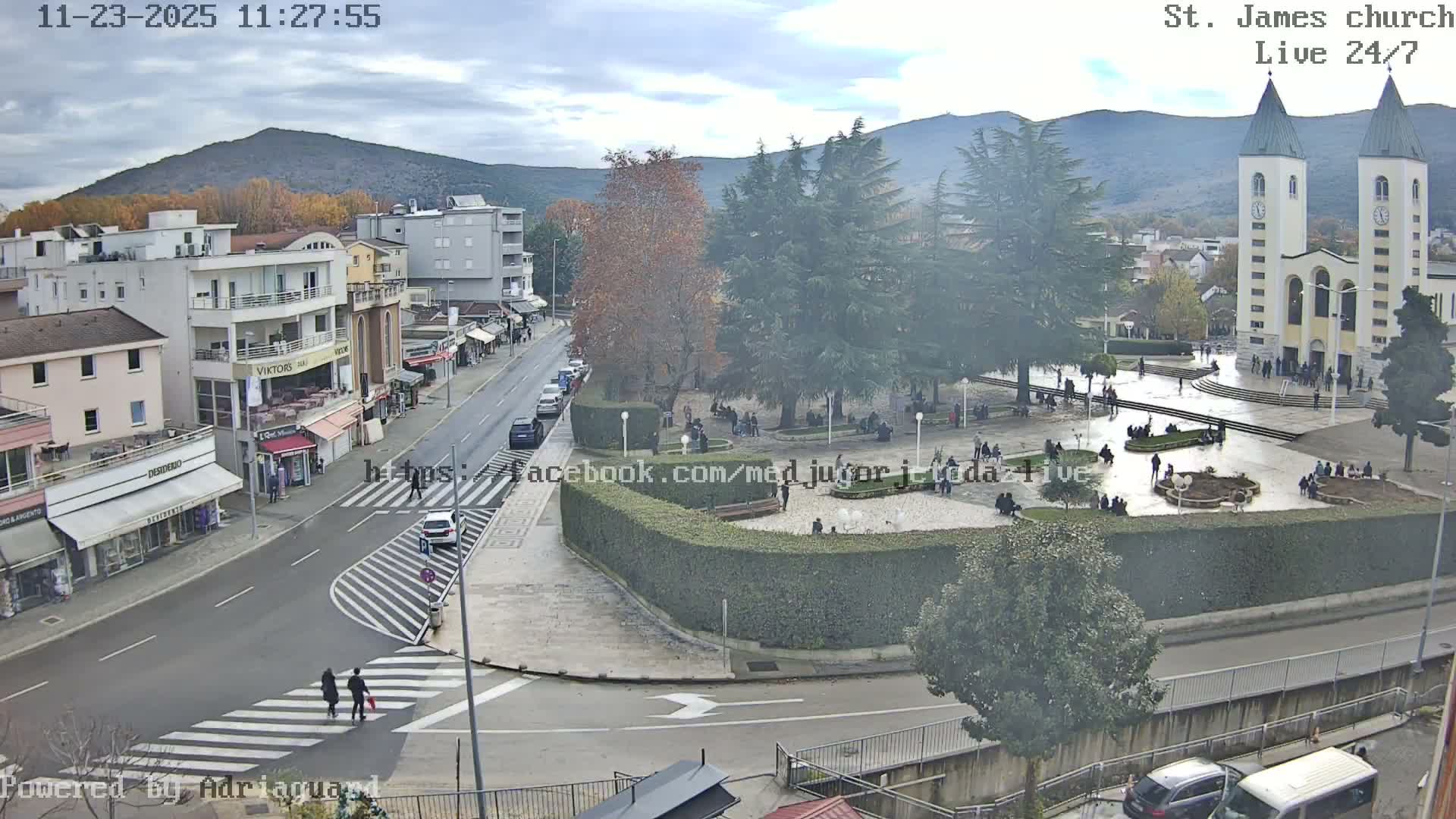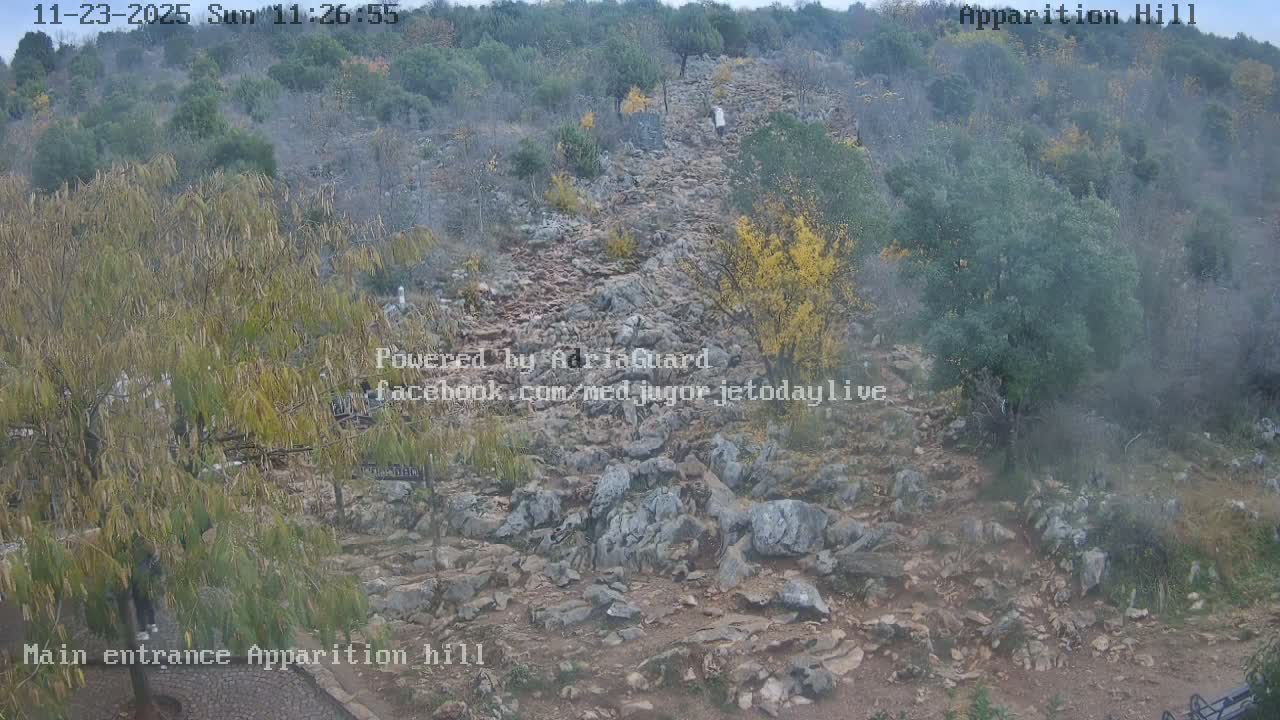Republika Srpska Heads to Polls Amidst Political Shake-Up
Voters in Republika Srpska, the Serb-majority entity within Bosnia and Herzegovina, are heading to the polls for a snap presidential election. This pivotal vote comes after the controversial removal of separatist Bosnian Serb leader Milorad Dodik from the presidency in August, signaling a significant shift in the region's political landscape.
Dodik's Downfall and Its Ramifications
Milorad Dodik, a dominant figure in Republika Srpska politics for nearly two decades, was stripped of his presidential duties for directly defying Christian Schmidt, Bosnia’s international peace envoy. His conviction stemmed from ignoring rulings by the international appointee, who is tasked with overseeing the critical peace deal that has maintained stability in Bosnia since the devastating 1992-1995 war. This conflict claimed tens of thousands of lives and displaced hundreds of thousands.
The legal repercussions for Dodik extended beyond his removal from office. He also received a one-year prison sentence, which he circumvented by posting bail. Furthermore, he was banned from political participation for six years, a ruling upheld by Bosnia's top court in early November. Despite these setbacks, Dodik remains the head of his powerful nationalist party, the Union of Independent Social Democrats, which has governed Republika Srpska for nearly twenty years.
A Crucial Electoral Test
This early election is widely regarded as a crucial barometer of support for Dodik’s long-standing party. Approximately 1.2 million eligible voters are tasked with selecting from six candidates, though the winner will serve a truncated term of less than a year before the general election scheduled for October.
The race primarily pits two prominent figures against each other:
- Sinisa Karan: A 63-year-old former interior minister, Karan is a staunch ally and personal choice of Milorad Dodik, representing the incumbent party's continuity.
- Branko Blanusa: The main challenger from the opposition Serb Democratic Party, Blanusa is a 56-year-old electrical engineering professor known for his persistent allegations of corruption against Dodik and his party.
While preliminary results are anticipated on election night, the Central Election Commission will issue the official vote count only after validating all outcomes, ensuring thoroughness and transparency.
Understanding Republika Srpska's Role
Republika Srpska is one of two principal political entities comprising Bosnia and Herzegovina, the other being the Federation of Bosnia and Herzegovina. Both entities enjoy substantial autonomy. They share equal rights over the Brcko District, a smaller, self-governing administrative unit within the country.
Historically, Republika Srpska was proclaimed by Bosnian Serb leaders in 1992 at the onset of the war and formally integrated into Bosnia’s post-war constitutional framework in 1995 under the Dayton Peace Agreement. The entity is predominantly Serb-populated, with Serbs accounting for 82 percent of its residents, alongside smaller Bosniak and Croat minorities, according to the 2013 census. The region also carries a somber historical weight; its first president, Radovan Karadzic, was sentenced to life by the International Criminal Tribunal for the former Yugoslavia for his role in the 1995 Srebrenica genocide.

